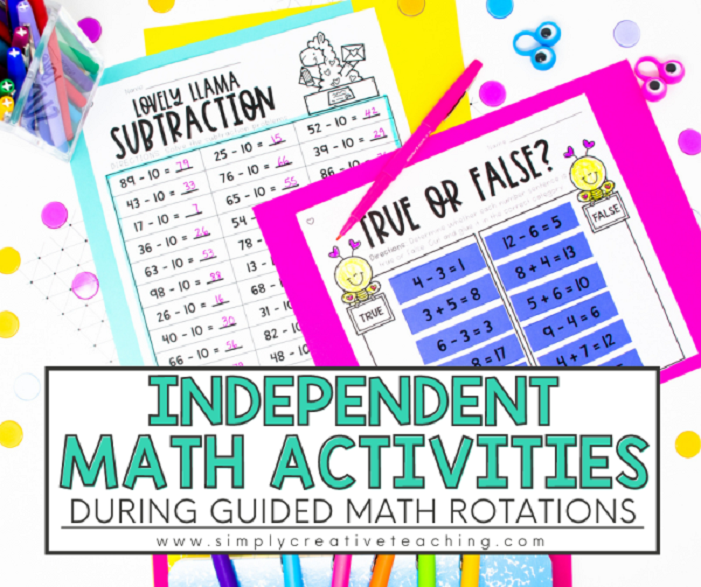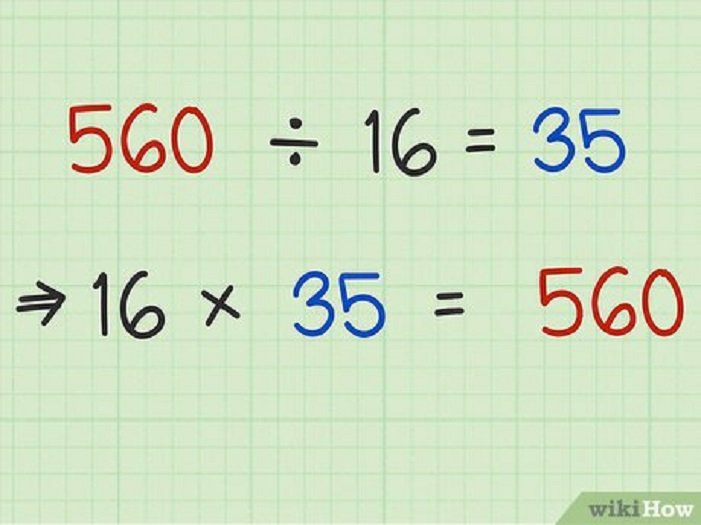Jordan’s Math Work: How to Help Kids Succeed in Math
Math can be a tricky subject for many kids, but with the right approach, it becomes an exciting journey of discovery. Over the years, I’ve worked closely with students like Jordan, who initially struggled with math but eventually grew to enjoy it. Here’s what I’ve learned about making math work fun and effective.
1. Understand the Starting Point
Every child is different. Some might struggle with basic concepts, while others might find word problems challenging. With Jordan, I started by figuring out his strengths and areas where he needed extra support. This helped me create a plan tailored to his needs.
2. Break Down Problems into Smaller Steps
Complex math problems can feel overwhelming. I’ve found that breaking them into smaller, manageable steps makes them less intimidating. For example, instead of solving a long equation all at once, I’d guide Jordan through one part at a time.
3. Make It Relatable
Math becomes more interesting when it connects to real life. With Jordan, I used examples from things he loved, like sports and games. If we were learning fractions, we’d talk about dividing a pizza or sharing candy. Relatable examples make abstract concepts easier to understand.
4. Use Fun Tools and Resources
There are so many great resources out there to make math fun. Some of my favorites include:
- Math games: Apps like Prodigy and Cool Math Games helped Jordan practice in a playful way.
- Visual aids: Charts, drawings, and colorful diagrams made concepts like geometry and data visualization easier to grasp.
- Hands-on activities: Using physical objects like coins or blocks for counting and problem-solving added a tactile element to learning.
5. Celebrate Small Wins
Progress in math doesn’t happen overnight, but celebrating even the smallest victories goes a long way. When Jordan finally mastered multiplication tables, we had a mini celebration. It motivated him to tackle more challenging topics.
6. Encourage a Growth Mindset
One of the most important lessons I’ve taught Jordan is that mistakes are part of learning. I always remind him that struggling with a problem doesn’t mean failure; it means he’s growing. This mindset helps build confidence and reduces fear of making errors.
7. Set a Routine for Practice
Consistency is key in math. I worked with Jordan to set aside a specific time each day for math practice. Short, focused sessions worked better than long, exhausting ones. Over time, this routine became a habit.





